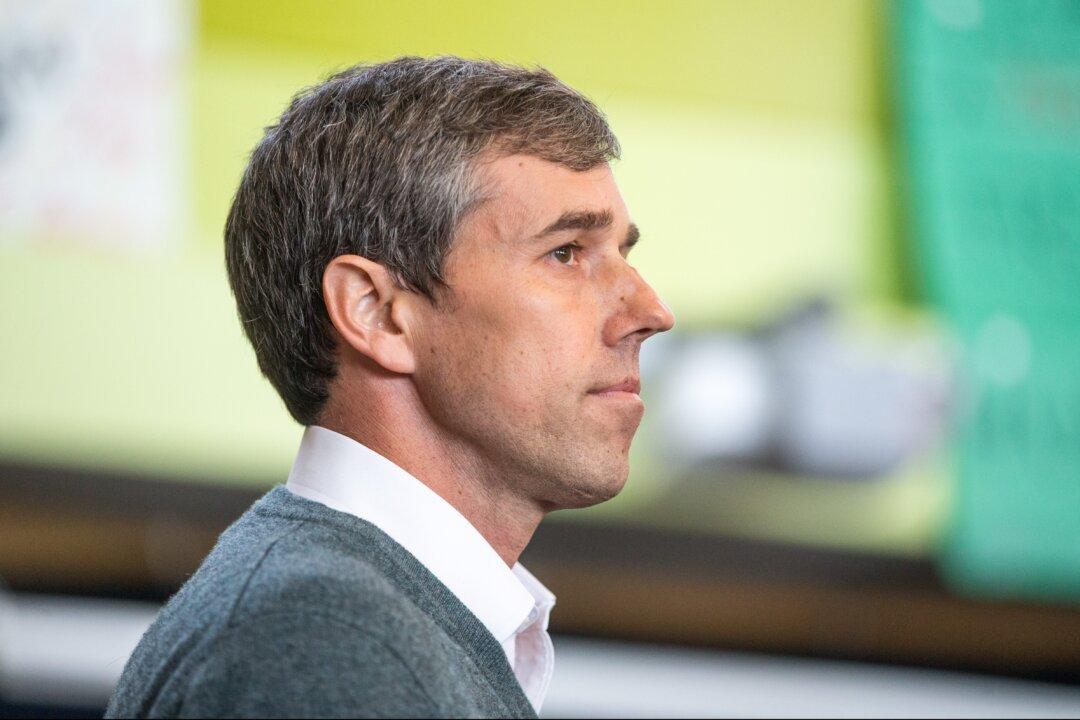Beto O’Rourke, a Democratic presidential contender, again called for the Electoral College to be abolished, when speaking at the We The People summit in Washington on April 1.
“This is one of those bad compromises we made on day one in this country,” O'Rourke, who is from Texas, said when answering a question from the audience at the event. “Let’s abolish the electoral college.”




